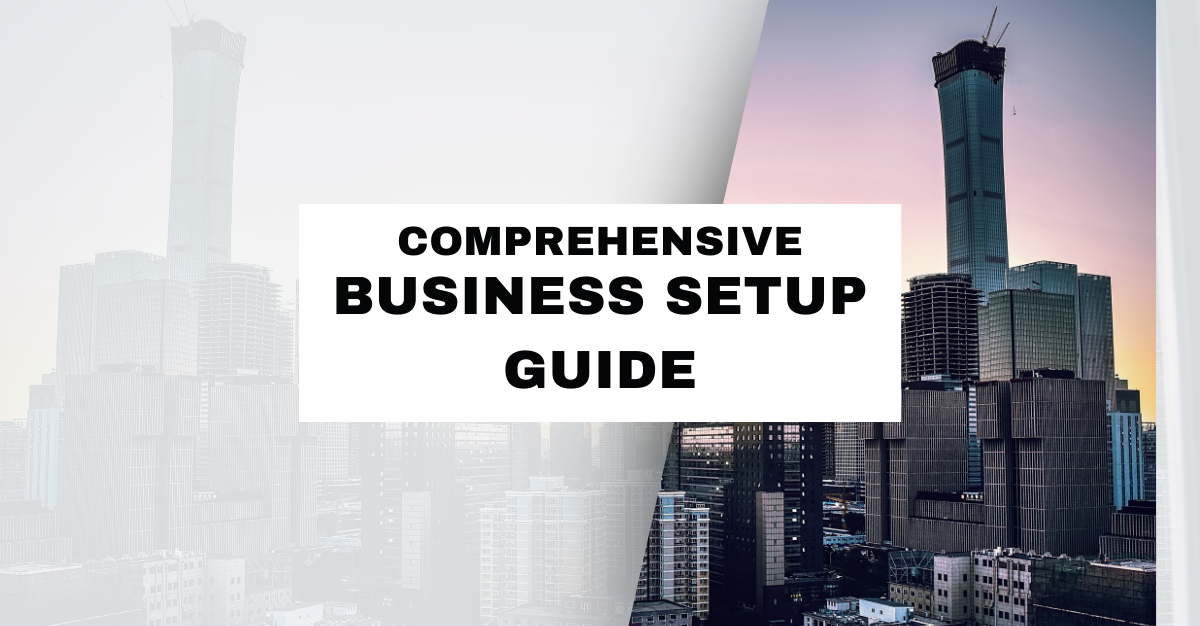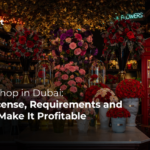Blog
Free Zone vs. Mainland Dubai: Comprehensive Business Setup Guide
- July 3, 2024

Setting up a business in Dubai can be an exciting and rewarding venture, but understanding the differences between Free Zone and Mainland business setups is crucial for making informed decisions. This article provides an in-depth analysis to help you navigate the business landscape in Dubai and choose the best option for your enterprise.
Understanding Free Zone Business Setup
Benefits of Free Zone Companies
Free Zones in Dubai are specially designated areas that offer numerous benefits to businesses, including:
- 100% Foreign Ownership: Unlike Mainland companies, Free Zone businesses can be fully owned by foreign nationals.
- Tax Exemptions: Companies in Free Zones enjoy significant tax advantages, including corporate tax exemptions for a specific period, which can be extended.
- Customs Privileges: Free Zone businesses benefit from duty-free import and export within the zone.
- Ease of Setup: The process of setting up a business in a Free Zone is straightforward, with streamlined procedures and minimal bureaucratic hurdles.
- Repatriation of Profits and Capital: Full repatriation of profits and capital is permitted, offering flexibility for international investors.
Types of Free Zones in Dubai
Dubai hosts over 30 Free Zones, each catering to specific industries. Some prominent Free Zones include:
- Jebel Ali Free Zone (JAFZA): Ideal for logistics, manufacturing, and trading companies.
- Dubai Multi Commodities Centre (DMCC): Focuses on commodities trading, particularly gold and diamonds.
- Dubai Silicon Oasis (DSO): Caters to tech and innovation-driven companies.
Licensing and Regulatory Framework
Free Zone businesses are subject to regulations and licensing requirements specific to each zone. Common license types include:
- Trading License: For import, export, and trading activities.
- Service License: For service-oriented businesses.
Industrial License: For manufacturing and production entities.
Understanding Mainland Business Setup
Advantages of Mainland Companies
Mainland companies in Dubai offer unique advantages, including:
- Market Access: Mainland businesses can trade freely within the UAE and beyond, accessing a broader market.
- Flexibility in Business Activities: There are fewer restrictions on the type of business activities Mainland companies can undertake.
- Office Location Freedom: Mainland companies can establish offices anywhere in Dubai, unlike Free Zone businesses, which must operate within their designated zones.
Licensing and Regulatory Framework
Mainland businesses are governed by the UAE Commercial Companies Law (CCL) and require:
- Local Sponsorship: A UAE national must hold at least 51% of the company’s shares, although various legal structures can mitigate this requirement.
- Licensing by DED: The Dubai Department of Economic Development (DED) issues licenses, and businesses must comply with DED regulations.
Types of Mainland Licenses
- Commercial License: For trading and commercial activities.
- Professional License: For professional services such as consultancy, law, and healthcare.
- Industrial License: For manufacturing and industrial operations.
Key Differences Between Free Zone and Mainland Setups
Ownership and Control
- Free Zone: Allows 100% foreign ownership, providing complete control to the investor.
- Mainland: Requires a local sponsor for 51% ownership, though profit-sharing arrangements can be negotiated.
Market Reach
- Free Zone: Limited to operations within the Free Zone and international markets.
- Mainland: Can operate throughout the UAE, offering greater market access.
Office Location
- Free Zone: Must be within the designated Free Zone area.
- Mainland: Can be established anywhere in Dubai, providing more flexibility.
Tax and Customs
- Free Zone: Enjoys tax exemptions and customs privileges.
- Mainland: Subject to standard UAE corporate tax laws and customs duties.
Decision-Making Guide
Factors to Consider
When deciding between Free Zone and Mainland setups, consider the following factors:
- Nature of Business: Determine if your business needs local market access or if it can operate internationally.
- Ownership Preferences: Evaluate the importance of full ownership versus having a local partner.
- Cost Implications: Compare the setup and operational costs, including office rent and licensing fees.
- Regulatory Environment: Assess the regulatory requirements and ease of compliance in each setup.
Conclusion
Choosing between a Free Zone and Mainland business setup in Dubai depends on your business goals, market needs, and regulatory preferences. Both options offer unique benefits and opportunities, making Dubai a thriving hub for global business. By carefully considering the advantages and limitations of each, you can make an informed decision that aligns with your business strategy and objectives.
SHARE NOW







